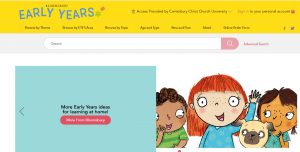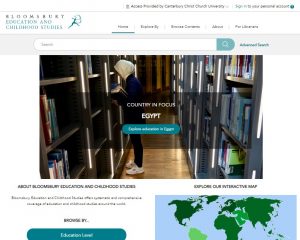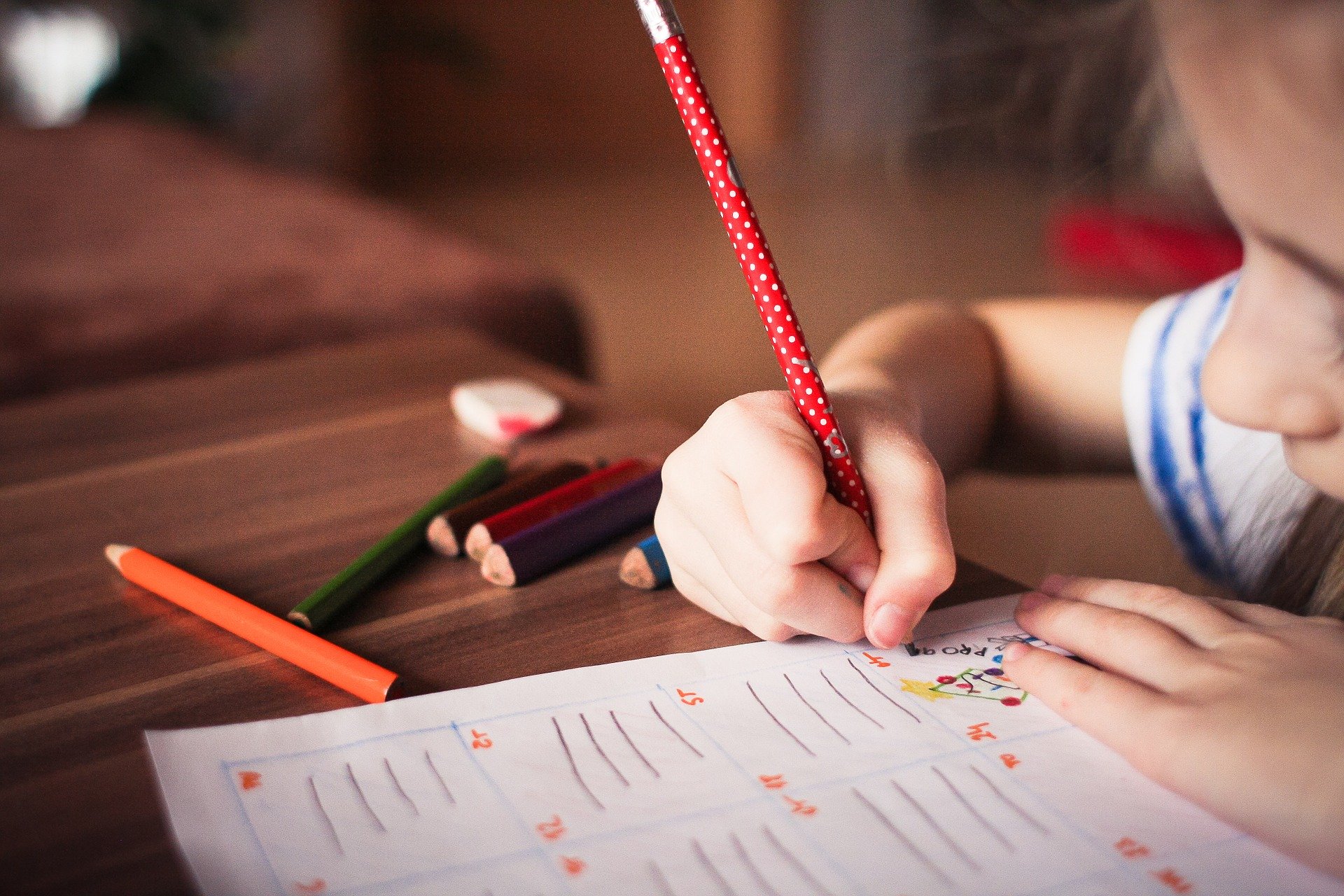Good news if you are studying Education, Childhood Studies or Early Years! The library has just subscribed to two new excellent resources that will benefit you in your studies and working practices.
These are two (very different) databases from the publisher Bloomsbury, which you can find via LibrarySearch. Remember to Log In, then go to Find Databases A-Z and select the letter B to find Bloomsbury Early Years and Bloomsbury Education and Childhood Studies. Here is a bit of information about each of these resources, but I do encourage you to go and explore them for yourselves…
Bloomsbury Early Years
This is very practical database aimed at early years practitioners and is full of ideas and activities to for the Foundation Stage. It is marketed as a “one stop shop for ideas and inspiration” and could be really useful when planning how to teach a topic in an early years setting.

You can find many free websites with teaching ideas and resources, but they are often packed with adverts and some of the content can be vague, confusing or simply impractical. This site is different as it has more academic credibility as you can see from the authors involved in its development, for example the site consultant is Sally Featherstone who is nationally recognised as a trainer and consultant in early years – we have several of her books in the library! The activity authors have all have years of experience as consultants, practitioners, teachers, advisors and senior leaders.
This site is linked to EYFS and Development Matters statements and many of the activities refer explicitly to specific sections within the EYFS so you can see which areas of a child’s learning they are designed to develop.
You can browse the 2500 activities in different ways: by theme (e.g. “Ideas for summer”); by EYFS area (e.g. “Understanding the World”; by Topic (e.g. “Minibeasts”); or by Age and Type (e.g. “3-5 year olds” or “Sensory”). There is also an Advanced Search option if you are looking for a specific topic. Each activity has clear step-by-step instructions explaining what you need, suggestions of what to say and do, and a “where to go next” link which is helpful if you want to extend the children’s learning further. New activities are added every term.
The site is optimised to be fully accessible on smartphones and you can print and download content for your own personal use – just check any copyright restrictions.
You can watch this short introductory film (which gives examples of how practitioners have used the activities in real life):
Bloomsbury Education and Childhood Studies
This is a very different type of database. It provides systematic and comprehensive coverage of education and childhood studies around the world, so is brilliant if you are researching international or comparative education topics.

The content is a mixture of articles, ebooks and policy reports. It also includes the “Education Around the World Series” which are 18 comprehensive reference volumes about education in different regions.
If you want to focus on a particular level (e.g. Primary Education) then you can select “Education Level Overview” which gathers together relevant information on this area.
If you want to find out about a particular country you can either select “Country Overviews” for an introduction to a country and its education system (with useful statistics), or click on the interactive World Map to view all relevant books, articles and other content relating to that region
There are also buttons on the homepage to quickly browse by Education Level, Topic or Country, so it is easy to navigate around the site.
When you have searched for a topic you then have options to refine your results by education level, place, topic, content type or by date range – useful if you want the most up to date information. And you also can sort your results by relevance or date.
If you open up an article or book chapter then you have the options to save, print or share it. Be wary of the Citation option though as this does not include Harvard referencing style. Each item also has a “related content” section next to it, so if you find one really useful piece of research it is easy to find more on the same topic.
You can find a short user guide here (PDF)
Other useful databases
Whilst you are looking at these new resources, don’t forget the other relevant databases that you can find via LibrarySearch. Check out Child Development & Adolescent Studies to find academic journal articles and ChildLink for up to date information on legislation, policies and practices relating to children.
If you have any queries then please contact your Learning & Research Librarian (Education): catherine.sherwood@canterbury.ac.uk
 Library
Library Catherine Sherwood
Catherine Sherwood 429
429


